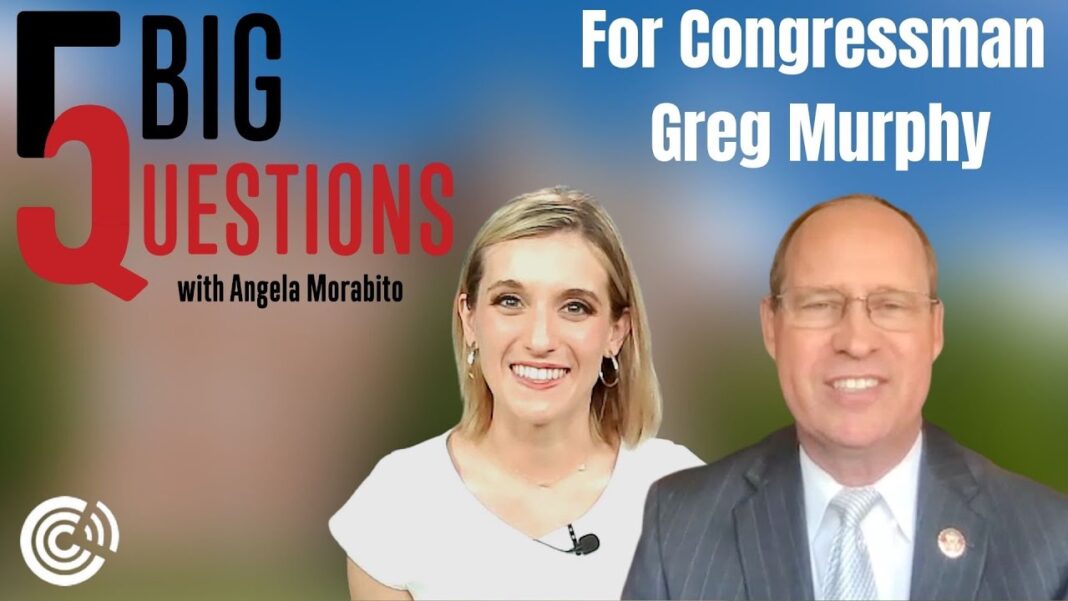
February 19, 2021 ~ Tens of thousands of people who volunteered to be in studies of the Pfizer-BioNTech and Moderna COVID-19 vaccines are still participating in follow-up research. But some key questions won’t be easily answered, because many people who had been in the placebo group have now opted to take the vaccine.
Even so, there’s valuable information to be had in the planned two-year follow-up studies. And that motivated Karen Mott, a 56-year-old job counselor who stuck with the continuing study.
“I’ve been taking prescription medicine for the last 25 years,” she says, referring to antiseizure drugs she takes. In order to show those drugs worked, people previously volunteered to take them when they were still experimental, “so I felt it was my way of giving back.”
Mott, who lives in the Overland Park, Kan., got a strong reaction to the second shot, so she correctly surmised she had received the Moderna vaccine, not the placebo. She was sad to read that one of the volunteers in the placebo group did die of COVID-19.
“I keep thinking about that. Why am I one of the lucky ones?” she says. “And I think that makes me feel like, I need to keep providing the information that we need.”
So, when the clinic called her in January and offered to reveal her actual vaccine status it was an easy call for her. She agreed to keep participating in the two-year follow-up study.
Participants provide periodic nose swabs and saliva samples, to see if they’ve been infected. They also give blood so scientists can better understand how the vaccine is providing protection.
Mott was one of about 650 volunteers who took the experimental Moderna vaccine at a company called Johnson County Clinical Trials in Lenexa, Kan. Dr. Carlos Fierro, who runs the study there, says every participant was called back after the Food and Drug Administration authorized the vaccine.
“During that visit we discussed the options, which included staying in the study without the vaccine,” he says, “and amazingly there were people — a couple of people — who chose that.”
He suspects those individuals got spooked by rumors about the vaccine. But everybody else who had the placebo shot went ahead and got the actual vaccine. So now Fierro has essentially no comparison group left for the ongoing study.
“It’s a loss from a scientific standpoint, but given the circumstances I think it’s the right thing to do,” he says.
People signing up for these studies were not promised special treatment, but once the FDA authorized the vaccines, their developers decided to offer the shots.
Dr. Steven Goodman, a clinical trials specialist at Stanford University, says losing those control groups makes it more difficult to answer some important questions about COVID-19 vaccines.
“We don’t know how long protections lasts,” he says. “We don’t know efficacy against variants — for which we definitely need a good control arm — and we also don’t know if there are any differences in any of these parameters by age or race or infirmity.”
Scientists may be able to infer some of this, for example if it becomes evident that vaccinated people commonly fall ill after exposure to virus variants. Further safety information is also being collected by the Centers for Disease Control and Prevention, as well as the FDA, based on the experience of millions of people who have now taken the shots.
But clinical trials that include a placebo group are the surest and most definitive ways to gather information about vaccine effectiveness. “I think over time we’ll get that data,” Fierro says, even without a placebo group.
Scientists have already collected data from the vaccine studies that could help them identify how individuals’ immune systems have responded to vaccination. That could eventually let them identify immune system features, called correlates of protection, that could strongly indicate vaccine effectiveness.
But because the best evidence comes from a controlled study, Goodman is thinking about how those could be conducted ethically, now that there are effective vaccines available.
One option is to identify people who are in groups that are not currently eligible for a vaccine, as is happening now with children. Another option is to conduct studies in other parts of the world, where vaccines simply aren’t available. But that raises ethical issues, as well: Why not provide those countries vaccine, rather than recruiting them for a study?
“But the fact is we do have an unfair world and there are inequities in global health and financing,” Goodman says. So, offering people a chance to participate in a study could be ethical. “The countries themselves may demand it,” he says, as they work to understand the risks that virus variants pose to their populations.
Another option is to run a study in which all participants get vaccinated, but not right away. After two months, for example, people would get a second treatment – either the real vaccine if they originally got the placebo, or vice versa. One key here, Goodman says, is that nobody should know which was which. That way people wouldn’t change their behavior, which itself could influence the outcome of a trial because people who know they are vaccinated might take greater risks.
The appearance of virus variants “may really scramble things up because there may be certain variants where the efficacy of all vaccines might be so low that we’re basically back to zero,” Goodman says. “We might have to go back to placebo-controlled trials. It’s hard to know.”
That’s the worse-case scenario. The vaccines currently in use in the United States seem to work well against the variant first seen in the United Kingdom and appear to offer at least partial protection from the variant identified first in South Africa, but more evasive new variants could emerge in the months and years to come.
Fierro sees another possibility. Perhaps in a year or two the existing vaccines will have proven so effective that COVID-19 becomes not much more than a nuisance. Under those circumstances, the risk of participating in a study that has a placebo option would be low enough to be acceptable, say, for young people who have not yet been vaccinated.







